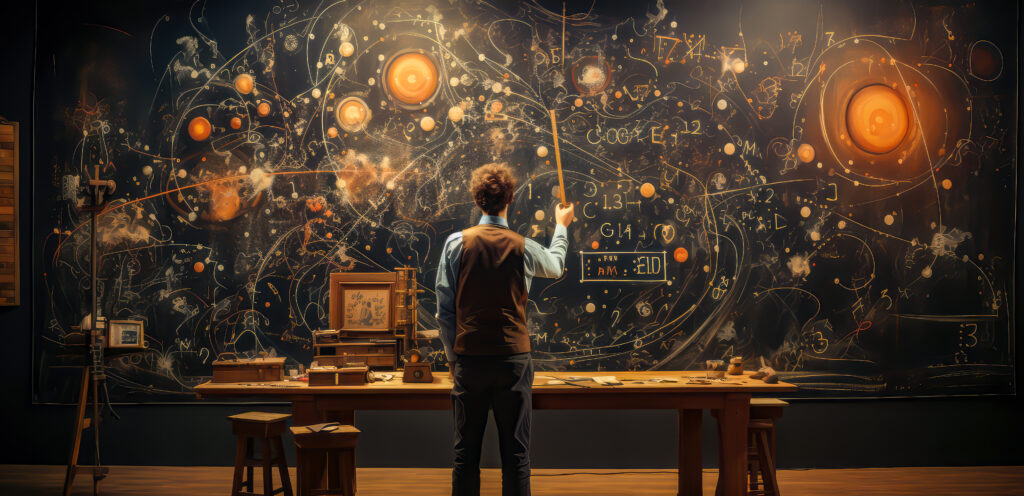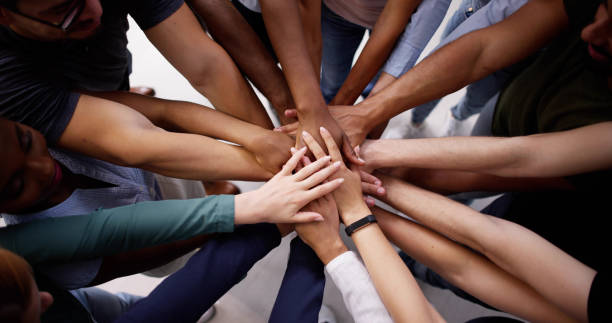Project
De Omval Vertelt Social Design Program
De Omval Vertelt categorizes this Phase 2 project design challenge as follows:
- Co-create a new identity for the community space.
- Through creative and stimulating activities, determine the uses of the new square and its surroundings.
- Facilitate the determination of a group of people who can host and sustain the activities.
PROJECT BACKGROUND
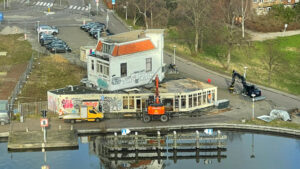
The present state of the site
As displayed in the photo, the abandoned and dilapidated Omval Café is situated at the heart of a quickly transforming community/neighbourhood. Namely; De Omval, Amsteldorp, Amstelkwartier and Weespertrekvaart. In the past, Café De Omval and its surrounding space served as a community connecting point for visitors, residents and businesses. Also, the Café was identified as one of Amsterdam’s cultural and recreational attractions. However, it has now lost that integration and exchange value, creating an urban desert, isolation, security and economic risks. This is also visible from stories gathered in phase one, other data sources and further research in Phase 2.
Different stakeholders see the need to redevelop the Café and its surroundings through a co-creation process to benefit all neighbourhoods and identities, including visitors. The old café facade is projected to be creatively integrated into a new building design while preserving and improving functions and activities experienced in and around it.
COLLABORATION
After concluding the Listen and Tell Phase (stories) in 2023, our partners Culture Matters and Society Fresh (De Omval Vertelt) involved the Digital Society School (DSS) in developing a Social Design Program, this 2nd phase of their project development plan. Therefore, we work with partners and stakeholders in this phase to recreate the communal space/city centre through inclusive and creative activities. This approach fosters better social cohesion and ownership while reflecting old structural and social identities.
Moreover, in collaboration with De Omval Vertelt and DSS, we the trainees developed a series of designs per sprint. First, to ensure understanding of the project needs amongst all stakeholders. Subsequently, to enhance participation in the design process through creative social design activities/prototypes to elicit innovative ideas from the local community to design a new spatial identity for the site. Importantly, some of these activities are aimed to be sustainable for adoption/incorporation as a community-building initiative.
TEAM DYNAMICS
We are a small team of trainees at DSS, yet a catalyst for change in the Omval Vertelt project.
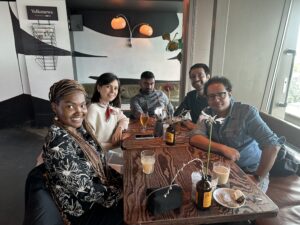
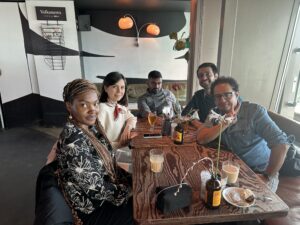
Team De Omval Vertelt: Jennifer, Keigan, Navid and Sanaz form a creative, diverse and experienced blend. Also, the strategic mix ensures a flow of unique perspectives and interpretations of data. This diversity is converged into thoughtful planning and implementation of SMART goals within five core sprints. During this program, our skills were developed under the following key roles for the best project results; SCREAM (SCRUM) master, project process lead, tools and instrument master, campus liaison and storyteller.
Notably, the team is guided by a Transformation Owner and Mentor, who steers the co-design process, ensuring alignment with DSS and other project stakeholders. The efficient collaboration by all parties ensured project success.
TRANSFORMATION DESIGN
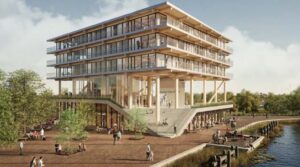
The proposed future of the site
The partners provided us with a rich dataset of stories from the project’s first phase to work with. These stories revealed the area’s cultural-historical identification and highlighted the basis for a participatory Social Design Program. At the same time, we are achieving a vision by programming, staffing, and igniting energy for the public space in and around the new building that will replace the café. Additionally, the spatial design fulfills sustainable development goals 17, 11, and 1.
Consequently, we considered the following questions, among others, to help us understand the brief and ideate valuable SMART designs for the clients and stakeholders:
- What existing structure and spatial identity do we observe?
- How do we involve the community in the design process?
- What social impact will we have by rebuilding this area (De Omval Café and surrounding square)?
- What sustainability plan do we propose?
- To what extent will we digitalize the project, and how do we efficiently contribute as DSS trainees?
- How can we effectively identify and reflect the community’s commonalities in the project?
- Who are the most important actors/stakeholders and what are their expectations/requirements?
- Is the available data from the first phase of this project sufficient, or should we conduct further research/data collection?
- What should be considered a bad project outcome and likewise, a good project outcome?
